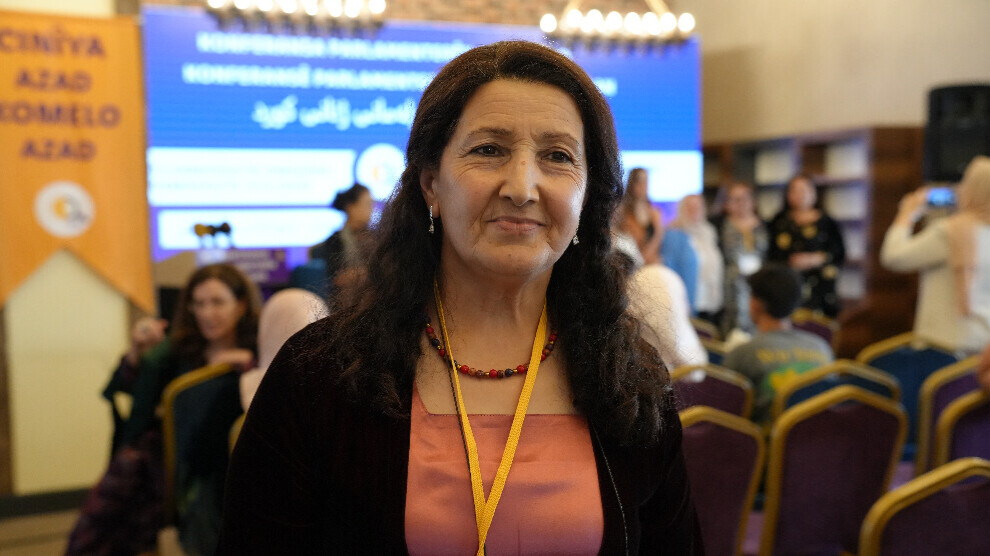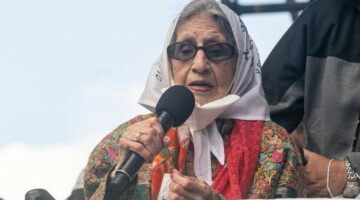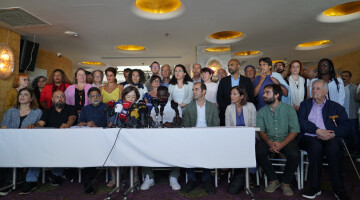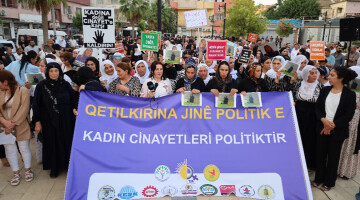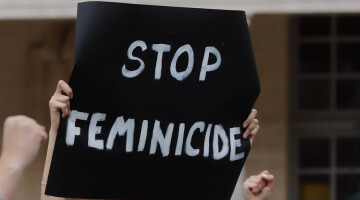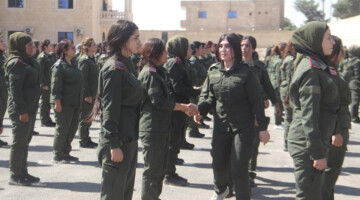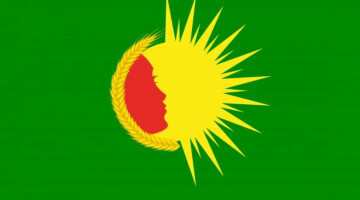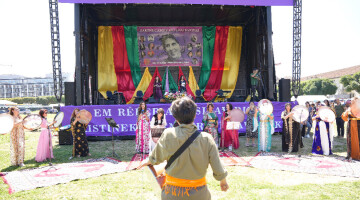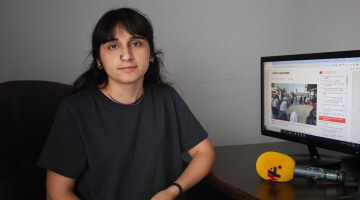Following Abdullah Öcalan's “Call for Peace and a Democratic Society” published on February 27, political and civil society initiatives were launched in many regions of Kurdistan, with the active participation of women in particular. In Northern Kurdistan, the mobilization is particularly striking. Women who see themselves as pioneers of a “Kurdish renaissance” are not only shaping the process locally, but also networking their work across national borders.
A central element of these efforts was the 1st Kurdish Women Parliamentarians Conference that took place in Amed (tr. Diyarbakır) on May 28-29. Women from all four parts of Kurdistan discussed challenges, prospects for peace, and their role in the ongoing political dynamics.
“A necessary, albeit overdue step”
One of the participants was former HDP MP and TJA activist Gülser Yıldırım. In her assessment, Yıldırım emphasized that the conference was an important sign of the growing unity among Kurdish women. “This step came late, but it is very valuable. The suffering experienced across Kurdistan must now be addressed with a shared sense of awareness and a united stance.
Gülser Yıldırım thanked those who contributed to the organization of the conference and said that this initiative alone was a success. Referring to Öcalan’s statements, Yıldırım emphasized that unity among Kurds is now an urgent need, saying, "This idea is a step that is long overdue, but it is necessary. Each of us discussed the oppression inflicted upon the Kurdish people, the oppression faced by women, and how we must stand together against this oppression.”
Drawing attention to the execution of Kurdish women in Iran, Gülser Yıldırım stated that it is not only women who are being targeted, but the entire Kurdish people. However, she said, women must take the lead in resistance and unity: "As Kurdish women parliamentarians, we discussed how we can develop a sense of ownership in this matter. This is not only Iran's problem, but the problem of the entire Kurdish people. We have reached a consensus on issues that require us to hold each other accountable, respond to developments, and even collaborate.”
‘The conference strengthened the common ground for struggle’
Gülser Yıldırım stated that the conference provided a common platform for commemorating historical memory, from Dersim to Anfal, from Rojava to Leyla Qasim and Arîn Mîrkan: This sharing, she said, strengthened the common ground for struggle. One of the most concrete proposals put forward by the participants was the idea of forming a joint committee or alliance comprising women representatives from the four parts of Kurdistan.
‘We are currently working through a Kurdish tradition’
The conference also highlighted the importance of the peace process initiated by Abdullah Öcalan. "As a first step, we should see this as something very productive and promising. We are currently working through a Kurdish tradition. That is, we want to establish a foundation, an environment, and a way of life where all religions, peoples, identities, and colors can live their own cultures. So, we must be hopeful. We should not belittle this step; on the contrary, we must expand it and make it more social. If what is happening in Rojava concerns us, we must show the same sensitivity for the women executed in Rojhilat," she said.
Gülser Yıldırım stated that Kurds must fight for a common tradition, a common life, and a foundation for freedom, saying, “We have hope, but hope is not enough. We must organize, work, and grow this unity. Women are the leaders and subjects of this process.”

